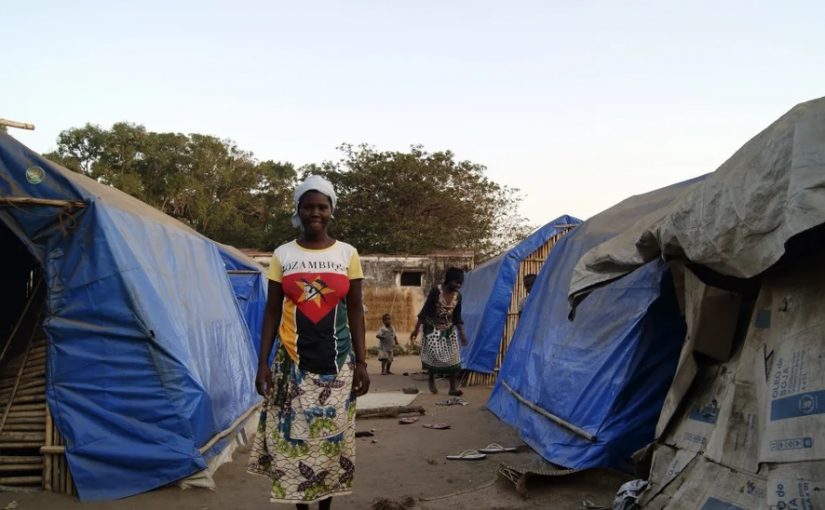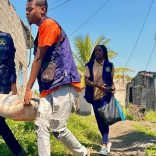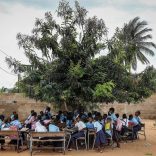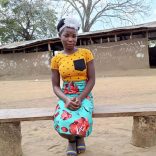Mozambique: "We give victims what they need"
Mozambique: Cabo Delgado residents flee insurgent threat over Xmas – IOM

FILE - For illustration purposes only. [File photo: Lusa]
Attacks and fear of attacks in the province of Cabo Delgado, northern Mozambique, between December 26 and 28 caused the flight of more than 430 people, according to an International Organization for Migration (IOM) report to which Lusa had access to on Tuesday.
According to a survey by the IOM “attacks, and fear of attacks” by terrorist groups on and among the residents of Mucojo and Pagane in Macomia district “triggered 434 individual displacements. Reported families have taken shelter across host communities in Macomia and Ibo districts”.
According to the document, “approximately 68 families comprising 255 individuals arrived on Matemo Island intending to proceed to Quirimbas Island within the next weeks”. The group includes 157 children under 18 years of age.
“Owing to prevailing security concerns reported by displaced families, intentions for the duration of their stay in host communities remains uncertain” the IOM also reports.
On December 31, the Islamic State terrorist group claimed responsibility for a new attack in Cabo Delgado, the third of its kind known in less than a month.
According to terrorist propaganda channels, the attack took place last week and caused the death of four soldiers from the Mozambican army and the International Military Security Assistance Mission (SAMIM).
The terrorist group also presents alleged evidence of other recent clashes with the military in Cabo Delgado, particularly in the district of Macomia.
On Friday, the terrorist group claimed another attack in Cabo Delgado in which it claimed that nine soldiers had died.
Previously, on December 9, the Islamic State had already claimed responsibility for an attack in Cabo Delgado in which five soldiers died, and also claimed to have beheaded a Christian civilian.
Cabo Delgado province has been facing an armed insurgency for six years with some attacks claimed by the extremist group Islamic State, which has led to a military response since July 2021, with support from Rwanda and the Southern African Development Community (SADC), freeing districts near gas projects.
The conflict has already displaced one million people, according to the United Nations High Commissioner for Refugees (UNHCR), and caused around 4,000 deaths, according to the ACLED conflict registration project.
The Mozambican president, Filipe Nyusi, on 22 November requested decisions on the response capacity of the Armed Forces in Cabo Delgado, particularly with reservists, taking into account the planned withdrawal of foreign forces supporting terrorist groups on the ground.
“Concrete decisions are needed on the response capacity of the Armed Forces in relation to their action in the fight against terrorism in Cabo Delgado in the period after the withdrawal of friendly forces from SAMIM [SADC mission in Mozambique] and Rwanda,” Nyusi requested at the opening of the XXIV Coordinating Council of the Ministry of National Defence.
“To this end, your reflection must also evaluate how to best capitalise on the pool of reservists, engaging them directly or indirectly in various missions in favour of defending the sovereignty and territorial integrity of our country. And the current reality justifies it,” he added.
An SADC summit last August approved the extension of the mission in Cabo Delgado for 12 months, until July next year. An assessment mission last July proposed the complete withdrawal of SAMIM soldiers in Cabo Delgado by July 2024, noting that the situation in the province “is now calm”, despite some risks prevailing.
In addition to SAMIM and Mozambican government forces, Rwandan troops are fighting the insurgency in Cabo Delgado, operating on the perimeter of the area where the natural gas projects in the Rovuma basin are implemented.












Leave a Reply
Be the First to Comment!
You must be logged in to post a comment.
You must be logged in to post a comment.